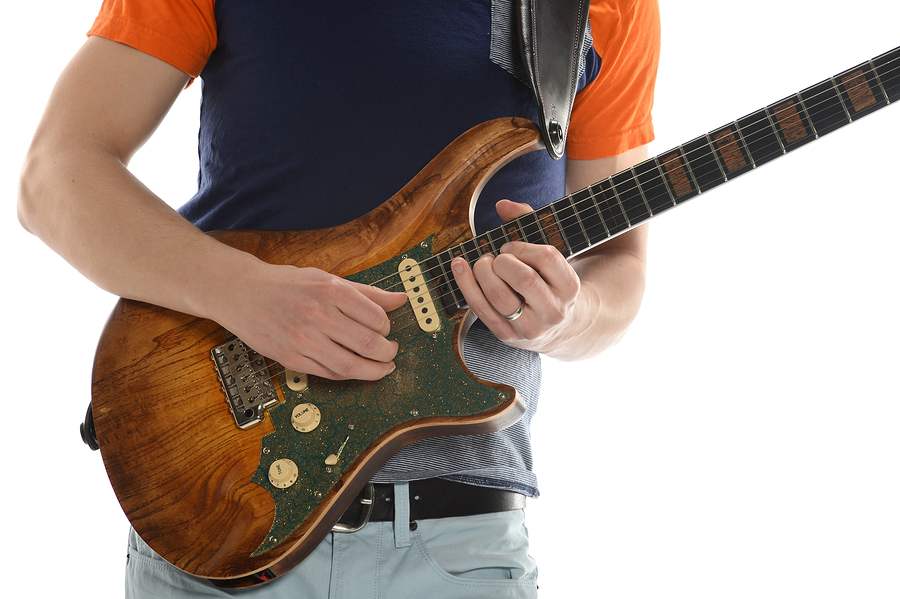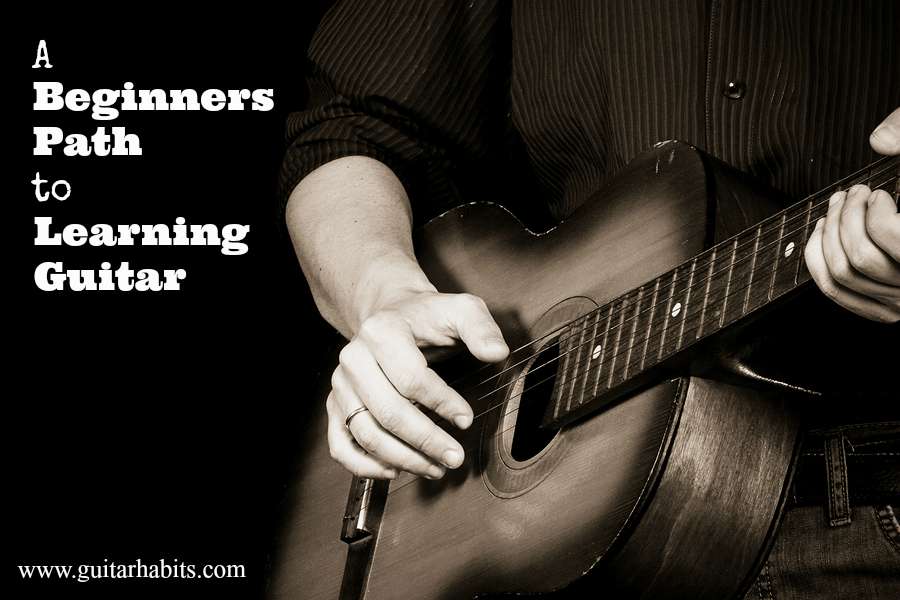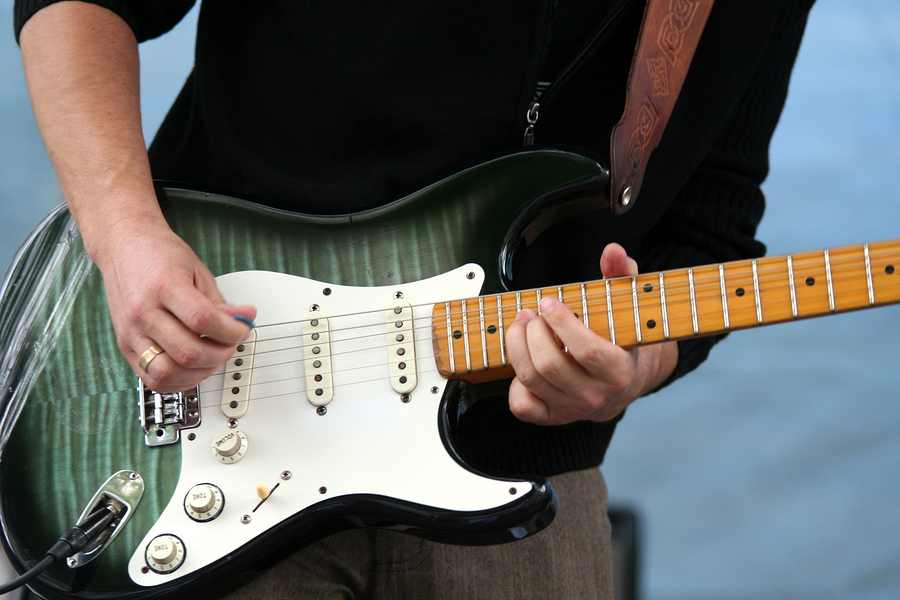
“In order to play fast you need to play slow.” A saying that holds the keys to the Lamborghini, but has been quoted so many times by teachers and guitar heros that it almost seems it has lost its significance.
A lot of guitar players feel like it’s a myth, some are not familiar with the saying and others easily ignore it.
They can hardly believe that it’s true or don’t think it’s that important. But let me tell you, it is! It is that important.
How to Play Fast
I’ve been there and I’ve wasted my share of time. So memorize this phrase “In order to play fast you need to play slow.” and apply it to every guitar workout. It will make all the difference in the world.
So why do you want to play fast in the first place? Maybe you just don’t like the speed-ass shredders and monster lick killers that are racing the fretboard with 250 miles an hour. Well you don’t have to! Because learning to play fast is not just about speed soloing, it’s about developing dexterity.
Once you’ve increased your level of speed and learned to play faster your fingers will move a lot more smoothly across the fretboard. It’s almost seems like your fingers have gotten little wings. And that’s great for everything you play. No matter if you’re into blues, jazz, classical, country or metal.
Playing slow will not only help you develop dexterity, but also to play correctly, clean and clear as you become faster. Playing guitar will become effortlessly.
Let’s take a closer look:
Continue Reading
 Developing your aural skills is one of the most important things when it comes to guitar playing. If not the most important thing.
Developing your aural skills is one of the most important things when it comes to guitar playing. If not the most important thing. The first scale sequence I learned without being aware of it was the “pentatonic triplet sequence”. They were all over the place in Metallica solos and I learned a lot of them.
The first scale sequence I learned without being aware of it was the “pentatonic triplet sequence”. They were all over the place in Metallica solos and I learned a lot of them.